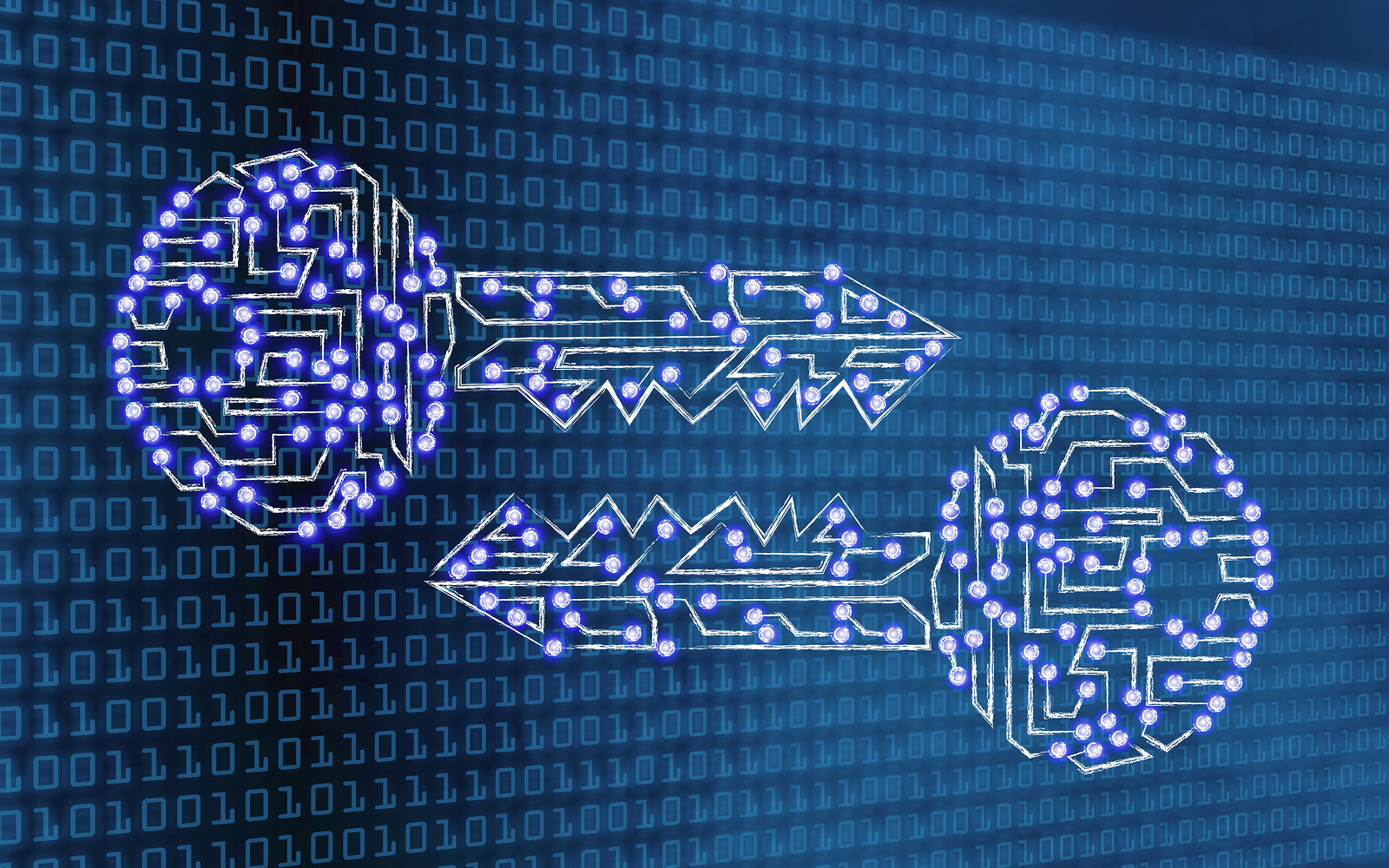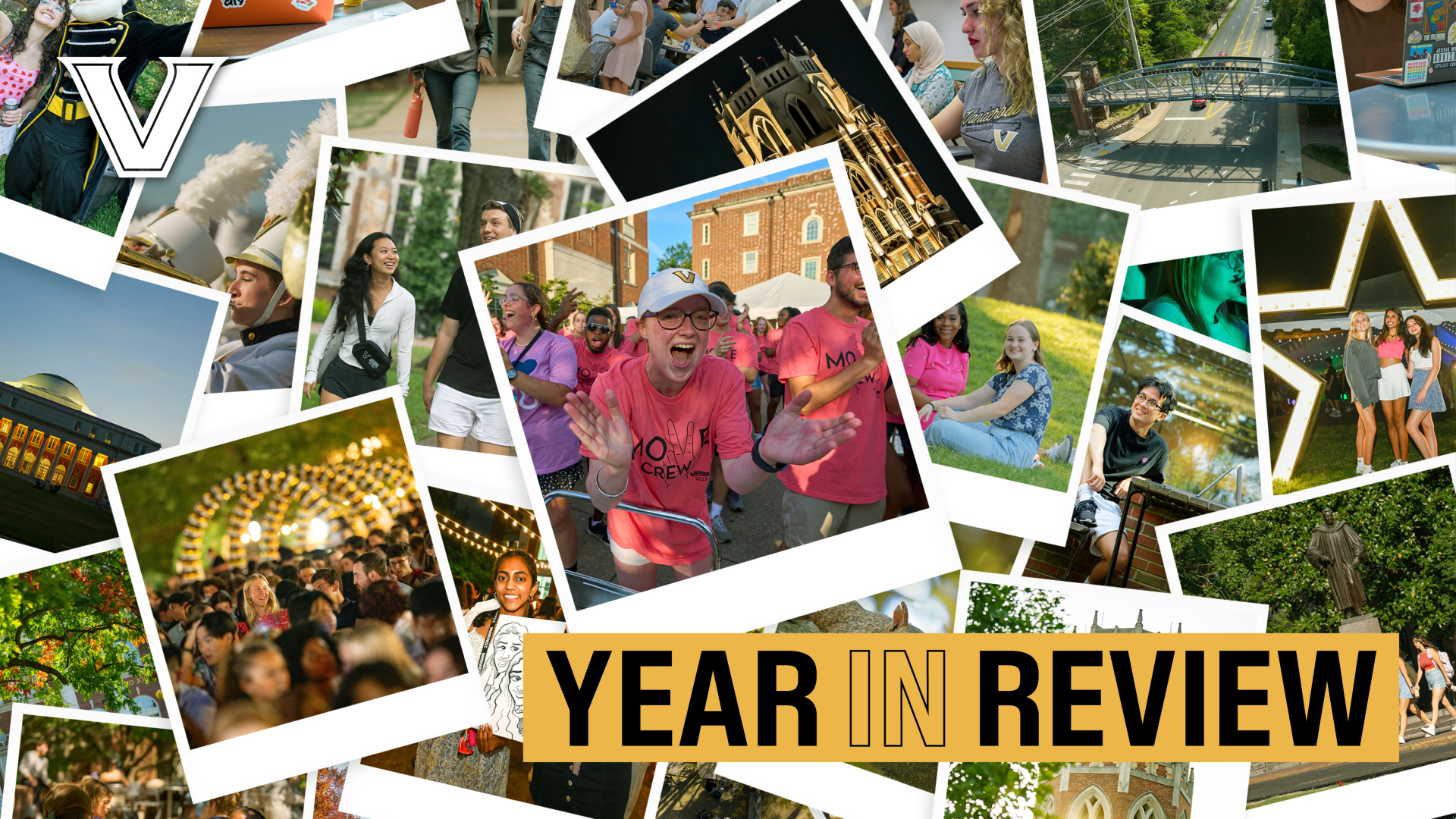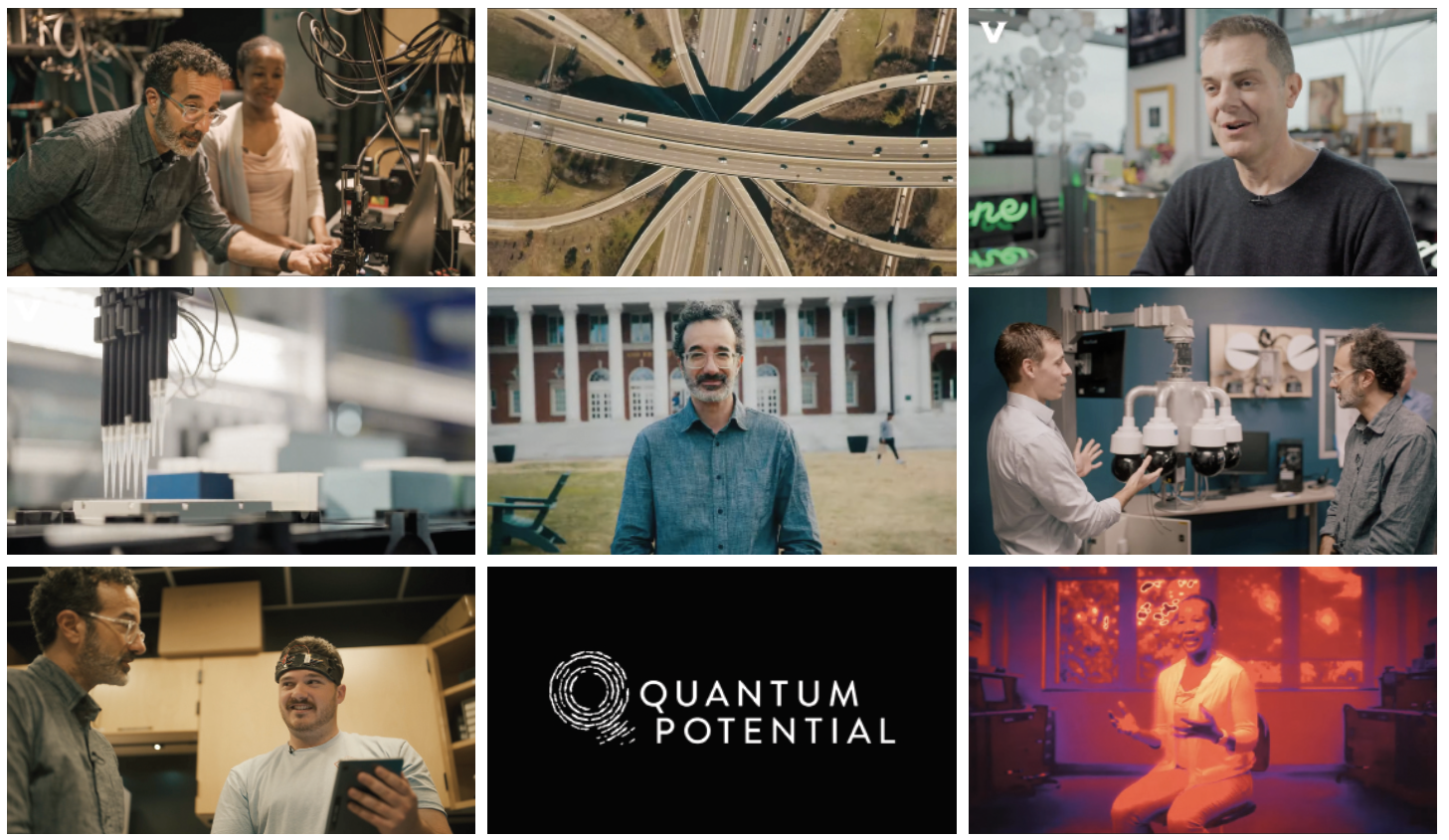Vanderbilt University, the University of Cambridge, King’s College Cambridge, the White House and the UK’s Government Communications Headquarters are pleased to announce a daylong convening that will showcase the power of academic collaboration on critical national security issues on May 21.
Cryptography is a part of daily life for most people: It’s the technology preventing hackers from reading personal email, posting from people’s social media accounts or accessing online medical records without access credentials or consent.
The event will bring together world-class researchers and academics from Cambridge and Vanderbilt, representatives from industry, and government officials to explore the latest advancements in research, identify pathways for collaboration, and discuss challenges and solutions for post-quantum cryptography.
Senior officials scheduled to participate include:
- Daniel Diermeier, chancellor, Vanderbilt University
- Anne Neuberger, White House deputy national security advisor for cyber and emerging technologies
- Professor Deborah Prentice, Vice-Chancellor, University of Cambridge
- Gillian Tett, Provost, King’s College Cambridge
- Representatives from the United Kingdom’s Government Communications Headquarters
“The U.S. government is working with experts from around the world to ensure timely implementation of quantum-resistant algorithms,” Neuberger said. “This convening is an important opportunity for U.S. and U.K. partners in government and academia to discuss the state of quantum-resistant cryptography and to map out a common path to a quantum-safe global digital infrastructure.”
“Through Vanderbilt’s growing body of work in national security and cybersecurity, we know that cross-sector, interdisciplinary collaboration and a cohesive, coordinated strategy are essential to meeting cyberthreats,” Diermeier said. “We are pleased that our experts can contribute to this important international convening.”
Tett said: “King’s and the University of Cambridge have a proud history of technological and interdisciplinary innovation, with alumni such as Alan Turing having made a profound impact on our world. We are delighted to be bringing US and UK academics and officials together to address these global challenges. It is also fantastic to champion female leaders in this sphere.”
The event will be broadcast at 7 p.m. BST/2 p.m. EDT to allow broader participation and engagement.



